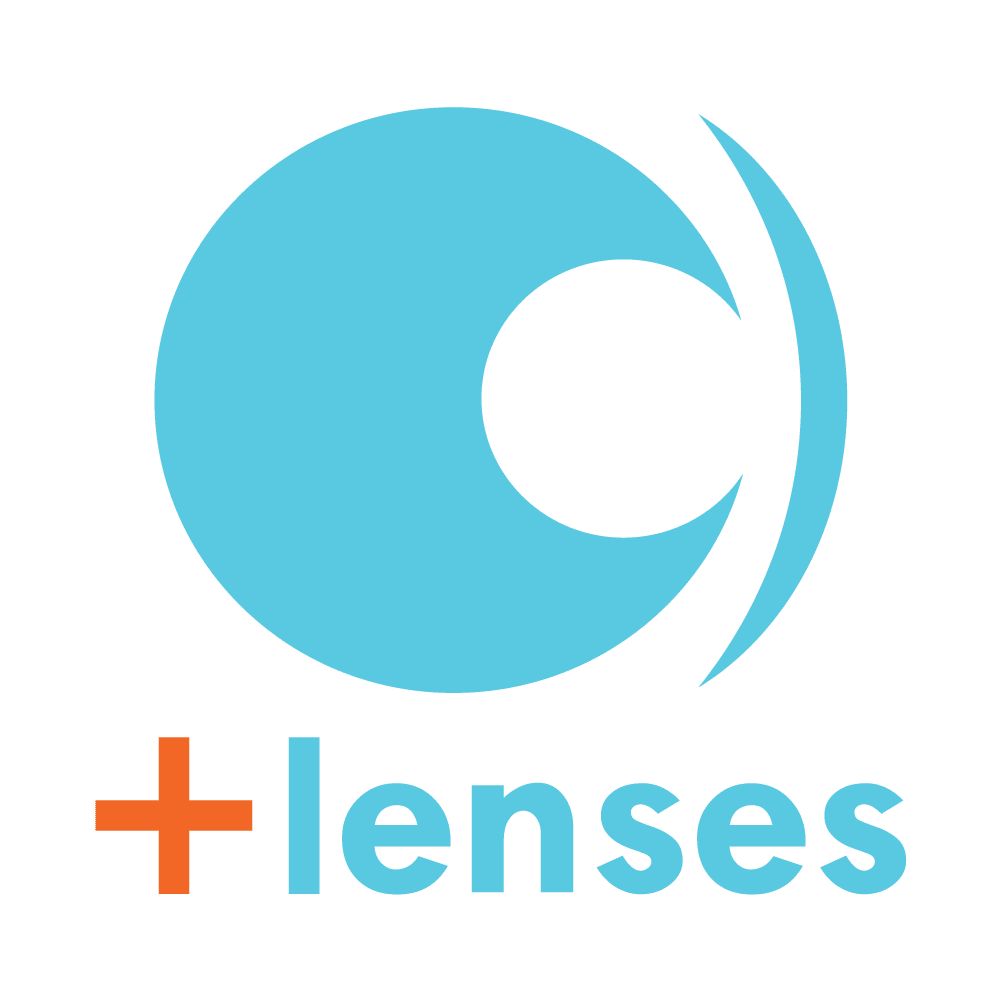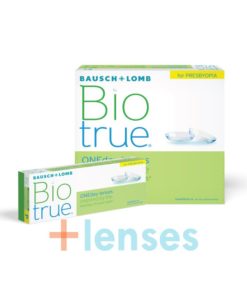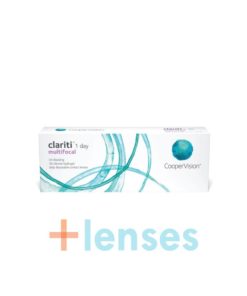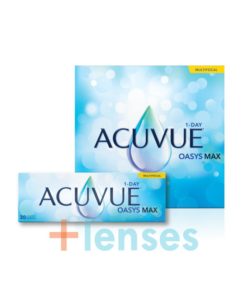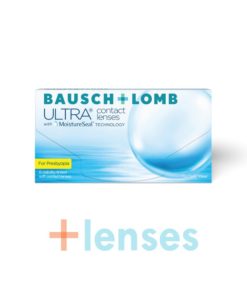Disposable contact lenses for presbyopia
What is presbyopia?
Presbyopia is a common eye condition that affects the ability to see up close. It generally occurs from the age of 40 onwards and is due to the progressive loss of flexibility of the crystalline lens, one of the eye's natural lenses. As a result, people with presbyopia have difficulty reading small print, threading a needle or performing any other task requiring near vision.
Presbyopia correction with disposable contact lenses
Contact lenses are a popular option for correcting presbyopia. There are several types of contact lenses designed to meet the needs of people with presbyopia, including disposable lenses. Here's a detailed explanation of their advantages and disadvantages:
Types of contact lenses for presbyopia
-
Bifocal contact lenses :
- Advantages :
- Two distinct correction zones for distance and near vision.
- Quick adaptation for people used to bifocal glasses.
- Disadvantages :
- May cause intermediate clarity problems.
- Some users may need time to adapt.
- Advantages :
-
Multifocal contact lenses :
- Advantages :
- Multiple correction zones for clear vision at all distances.
- Smooth transition between distance, intermediate and near vision.
- Disadvantages :
- May require a longer adaptation period.
- Some people may experience halos or reflections at night.
- Advantages :
-
Monovision contact lenses :
- Advantages :
- One lens is adapted for distance vision on one eye and the other for near vision on the other.
- A simple, effective solution for many users.
- Disadvantages :
- May alter depth perception.
- Requires brain adaptation to balance both eyes.
- Advantages :
Advantages of disposable contact lenses
- Hygiene: Disposable lenses are replaced daily, weekly or monthly, reducing the risk of eye infections.
- Comfort: Modern materials and advanced technology for all-day comfort.
- Convenience: No need for complex cleaning and care, especially for daily-use lenses.
Disadvantages of disposable contact lenses
- Cost: Disposable lenses can be more expensive in the long term than conventional lenses.
- Environment : Daily use of disposable lenses generates more waste, which can be an inconvenience for the environmentally conscious.
Disposable contact lenses offer a convenient and hygienic solution for correcting presbyopia, with several options available to suit individual needs. By consulting your optometrist, you can determine which option is best for you, taking into account your lifestyle and visual preferences.
It's essential to stress the importance of regular consultations with an ophthalmologist or optometrist. A regular professional assessment not only ensures that your contact lenses are suitable for your current needs, but also monitors the general health of your eyes and provides early detection of any potential eye problems. Take care of your eyes by scheduling regular eye examinations and following your specialist's recommendations.
To find out more about contact lenses for presbyopia and discover our selection, visit www.more-lenses.com.
